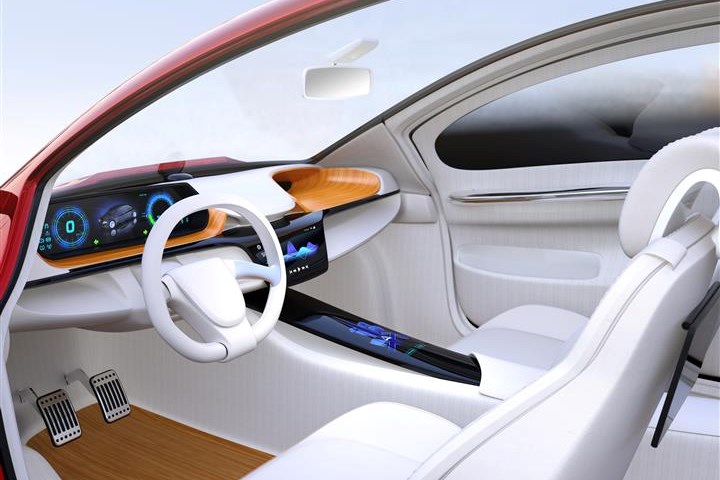Elix Polymers Gets Automotive OEM Approval for Anti-Squeak Thermoplastics
The company’s specialty grades of ABS and PC/ABS gets nod from a German premium automotive OEM for production of critical interior parts.

Spain’s Elix Polymers (U.S. office in Weston, Fla.) has developed a range of speciality grades of ABS and PC/ABS to reduce the squeaking and rattling sounds that are generated by plastic parts in contact with other plastic parts, leather, PVC-foil or other products. Several of these materials recently received approvals from a German premium automotive OEM. According to the company, with the increase in popularity of electric and hybrid vehicles whose powertrains make less noise, anti-squeak materials are even more often required by OEMs to produce critical interior parts like door handles, armrests, seating parts, sunroofs, cupholders and air vents.
The materials were subjected to stick-slip tests according to VDA230-206 at testing machines from Ziegler Instruments with very positive test results: a 10-point scale was used, where 10 is the highest risk level. The new Elix grades managed to score 1 – the lowest risk level. Tests were conducted with different forces (10°N, 40°N) and speeds (1°mm/s and 4°mm/s) at several temperatures. Especially relevant successful results were obtained after the heat aging of materials where the risk normally increases in standard non-modified materials.
These new grades use Elix Polymers’ base polymers: standard ABS, high-heat ABS, ABS/PC or PC/ABS - and because their key properties remain the same, this does not affect existing OEM approvals of Elix grades. Also, as the shrinkage of the materials remains the same, current molds can be used without further need for modifications. Significant cost savings reportedly are possible using these products, as no felts, tapes or grease need to be added after the injection and assembly of parts to reduce squeaking and rattling sounds.
Related Content
-
How to Optimize Injection Molding of PHA and PHA/PLA Blends
Here are processing guidelines aimed at both getting the PHA resin into the process without degrading it, and reducing residence time at melt temperatures.
-
The Effects of Time on Polymers
Last month we briefly discussed the influence of temperature on the mechanical properties of polymers and reviewed some of the structural considerations that govern these effects.
-
Prices Up for PE, ABS, PC, Nylons 6 and 66; Down for PP, PET and Flat for PS and PVC
Second quarter started with price hikes in PE and the four volume engineering resins, but relatively stable pricing was largely expected by the quarter’s end.













